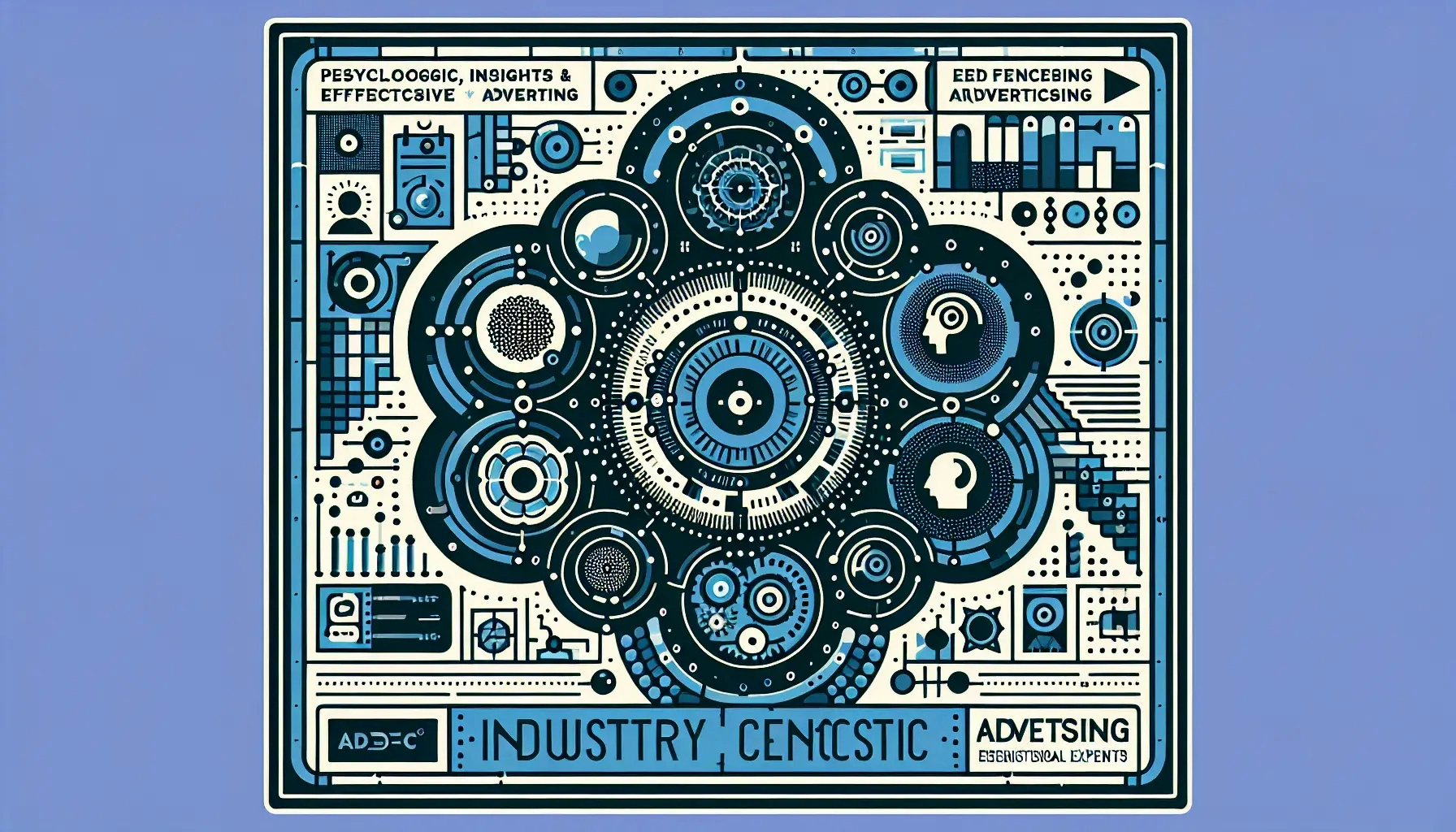How Psychological Insights Enhance Advertising Effectiveness
AdvertisingExperts.io

Welcome to an exploration of the intersection between psychology and advertising. This post delves into how psychological insights can significantly enhance the effectiveness of advertising. We'll explore the science behind consumer behavior, the power of emotional appeal, and the role of cognitive biases in advertising. Let's embark on this journey to understand how a deeper understanding of human psychology can transform your advertising strategies and boost your marketing outcomes.
Understanding Consumer Behavior: The Psychology Behind Buying Decisions
The journey begins with understanding consumer behavior. Psychology plays a pivotal role in shaping buying decisions. Marketers who understand this can craft compelling advertisements that resonate with their target audience.
Consumer behavior is not random. It follows specific patterns influenced by various psychological factors. These include personal motivations, perceptions, attitudes, and beliefs. By understanding these factors, advertisers can predict consumer behavior and tailor their advertisements accordingly.
For instance, consider the psychological concept of 'need recognition.' This is the first stage in the buying process, where consumers recognize a problem or need. Advertisers can trigger need recognition by highlighting a problem their product or service solves. This strategy can effectively stimulate interest and drive consumers towards making a purchase.
Another psychological factor that influences consumer behavior is 'perceived value.' Consumers are more likely to purchase a product if they perceive its value to be greater than its cost. Advertisers can enhance perceived value by emphasizing the unique benefits and features of their product.
The Power of Emotional Appeal in Advertising
Emotions significantly influence our decisions, including purchasing decisions. Advertisers who understand this can use emotional appeal to enhance the effectiveness of their advertisements.
Research in psychology has shown that emotions can influence our memory. Advertisements that evoke strong emotions are more likely to be remembered. This is because our brains are wired to pay more attention to emotionally charged events.
For example, consider advertisements that evoke feelings of joy or happiness. These advertisements are often memorable and can create positive associations with the advertised product. This strategy can effectively increase brand awareness and preference.
Moreover, emotions can also influence our perceptions and judgments. Advertisements that evoke positive emotions can enhance positive perceptions of the advertised product. This can increase the likelihood of consumers choosing the advertised product over competitors.
Cognitive Biases in Advertising: Leveraging the Irrational Mind
Cognitive biases are systematic errors in thinking that affect the decisions and judgments we make. Advertisers who understand cognitive biases can use them to their advantage to enhance the effectiveness of their advertisements.
One common cognitive bias is the 'bandwagon effect.' This is the tendency for people to do things because others are doing them. Advertisers can leverage the bandwagon effect by showing that many people are using their product. This can influence consumers to follow the crowd and choose the advertised product.
Another cognitive bias that advertisers can leverage is the 'scarcity bias.' This is the tendency for people to place a higher value on things that are scarce. Advertisers can create a sense of scarcity by offering limited-time deals or exclusive products. This can create a sense of urgency and stimulate consumers to make a purchase.
The Role of Persuasion Techniques in Advertising
Persuasion is a key element in advertising. Advertisers who master persuasion techniques can effectively influence consumer behavior and enhance the effectiveness of their advertisements.
One powerful persuasion technique is the 'rule of reciprocation.' This is the tendency for people to want to give back when they receive something. Advertisers can leverage this rule by offering free samples or discounts. This can create a sense of obligation in consumers and stimulate them to make a purchase.
Another effective persuasion technique is the 'authority principle.' This is the tendency for people to follow the advice of experts. Advertisers can leverage this principle by featuring endorsements from experts or celebrities. This can enhance the credibility of the advertised product and influence consumers to choose it.
The Impact of Social Proof in Advertising
Social proof is a powerful psychological phenomenon that can significantly enhance the effectiveness of advertising. It refers to the tendency for people to look to the actions of others to determine their own.
Advertisers can leverage social proof by showing that others are using and benefiting from their product. This can be done through testimonials, reviews, and endorsements. Seeing others use and endorse a product can influence consumers to believe that the product is valuable and worth buying.
Moreover, social proof can also create a sense of belonging. Consumers are more likely to purchase a product if they believe it will help them fit in with a group they aspire to join. Advertisers can leverage this by associating their product with a desirable group or lifestyle.
The Influence of Color Psychology in Advertising
Color psychology is the study of how colors influence human behavior. It is a powerful tool that advertisers can use to enhance the effectiveness of their advertisements.
Different colors can evoke different emotions and associations. For instance, red is often associated with excitement and passion, while blue is associated with trust and reliability. Advertisers can use these associations to their advantage to evoke desired emotions and perceptions.
Moreover, colors can also influence attention and recall. Bright and contrasting colors can attract attention and make advertisements more noticeable. Similarly, consistent use of specific colors can enhance brand recognition and recall.
The Power of Psychology in Advertising: A Recap
As we've explored, psychological insights can significantly enhance the effectiveness of advertising. Understanding consumer behavior, leveraging emotional appeal, utilizing cognitive biases, mastering persuasion techniques, harnessing social proof, and employing color psychology are all powerful strategies that advertisers can use. By understanding and applying these psychological insights, advertisers can craft compelling advertisements that resonate with their target audience and drive desired marketing outcomes.